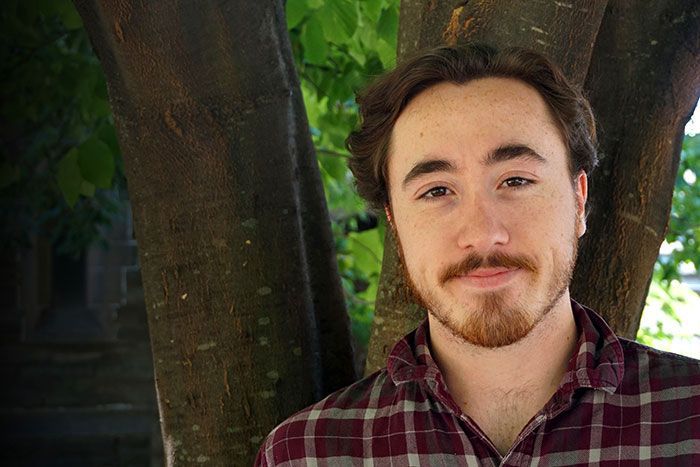
BA history ‘16
Graduate Student, Rensselaer Polytechnic Institute
“What makes history the study of history is not the assemblage of facts, it is the debate over the facts, the interpretation of what we know. Much is revealed not only about the past, but also about ourselves and our modern perspective.”
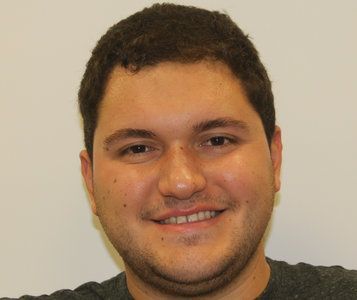
Master's Project: The Social and Political Dimensions of Gene Editing
Current Position: George is currently pursuing a PhD in Forestry and Environmental Resources at North Carolina State University.
Master's Project: Reproduction, Kinship and Technology
Current Position: Department Administrator, Department of Sociology and Center for Science, Technology & Society Departments, Drexel University. Steering Committee for the Drexel University LGBTQA Student Center
Kendall Darfler graduated from Drexel's M.S. in STS program in 2017. She is currently Project Director of UCLA's evaluation of the California Hub and Spoke program to expand access to treatment for opioid use disorders. The evaluation project, funded through the State Targeted Response to the Opioid Crisis grant, uses mixed methods to assess the process and outcomes of the statewide implementation of the Hub and Spoke model. Her work on the project includes overseeing data collection, and integrating qualitative and quantitative data sources to capture the messy landscape of large-scale, systems-level change. She also assists with two collaboration projects of the evaluation, including the Emergency Department Bridge Program and the Tribal Medication Assisted Treatment Needs Assessment. Kendall started working in research for the UCLA Integrated Substance Abuse Programs (ISAP) in 2012, and returned after completing her master's degree.
Master’s Project: Civic Engagement and Digital Storytelling
Current Position: Salen is the Chair of the South Wilmington Planning Network, South Wilmington, Delaware, and is the founder of the nonprofit organization Environmental Justice Initiative (EJI). EJI’s overall mission is to build healthy neighborhoods along the Delaware River.
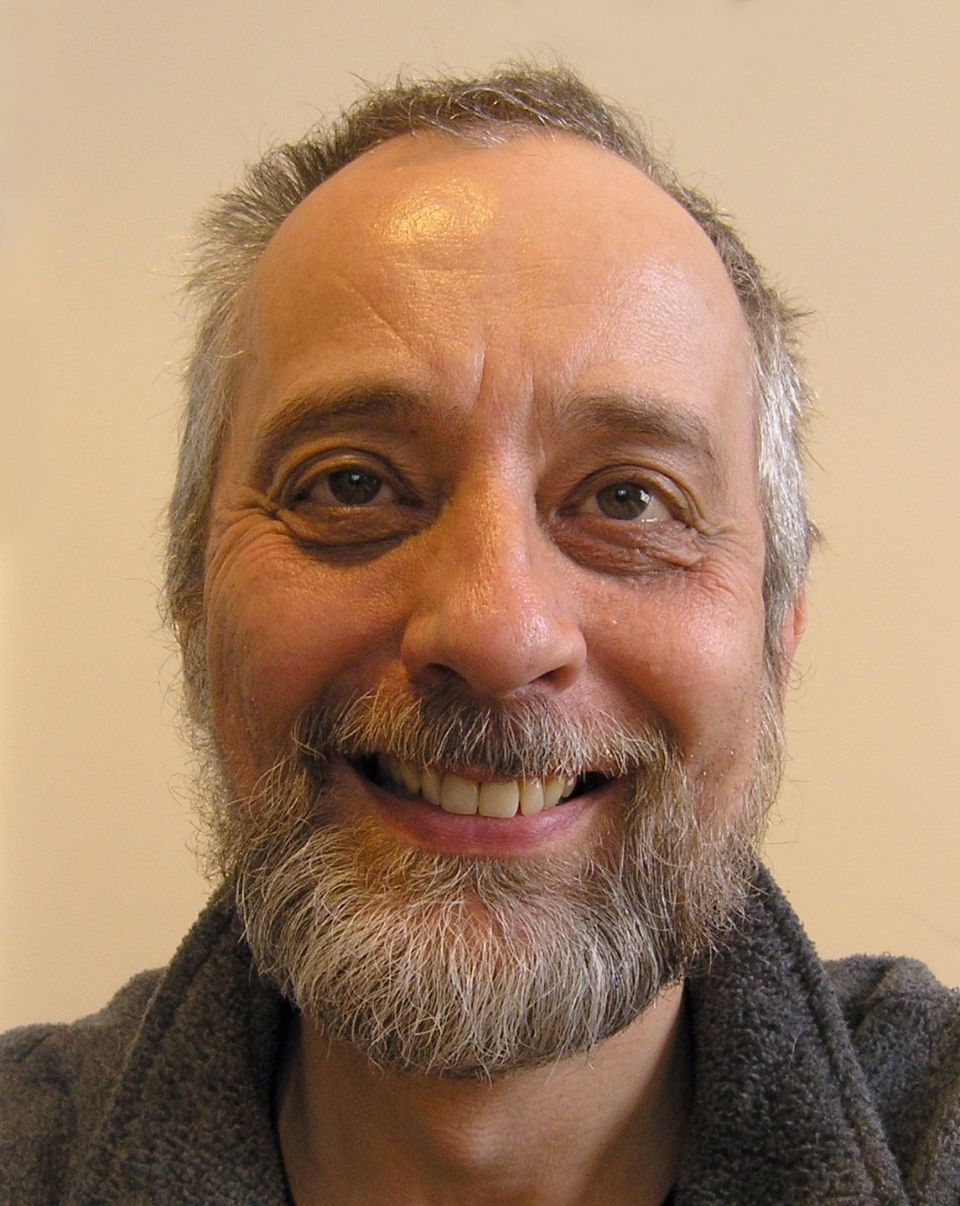
Paul Callomon graduated with an MSc in STS in 2016. He has worked at the Academy of Natural Sciences in Philadelphia since 2001 and apart from taxonomy he also studies the history of molluscan science with special focus on Japan. He is currently building an expanded thesis that will explore the many historical parallels between the growth of natural science in Japan and the West, which are thrown into relief by the severe linguistic divide. An STS perspective that focuses on actors and communities is essential to achieving this.
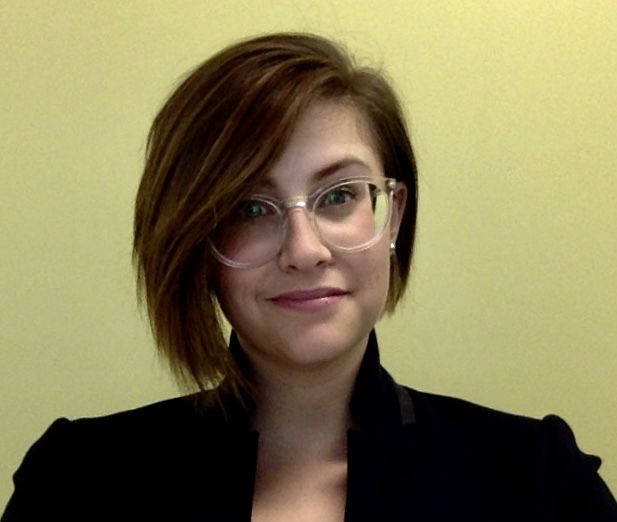
Pursuing two undergraduate degrees enabled me to explore multiple areas of research as an undergraduate student. As a STAR student, I worked in an environmental science lab; as a co-op, I worked at an regional economic consulting firm; as a research assistant, I worked with a political science faculty member (Christian Hunold) on environmental politics research. These experiences, combined with my coursework and academic research interests, led me to pursue the accelerated master's program in an interdisciplinary field (science and technology studies). STS analyzes societal interactions with and impacts of science, technology, and medicine.
My research interests are at the intersection of medical and environmental health knowledge production and public health policy. My master's thesis research examines the history and organization of obesity research, the usage of BMI (body mass index) as tool of measurement and standardization, and the translational practices which serve to extrapolate knowledge produced in obesity labs and epidemiological studies to inform public health policy and health guidelines. In the fall 2015 I began my doctoral work in sociology at University of California, San Francisco.
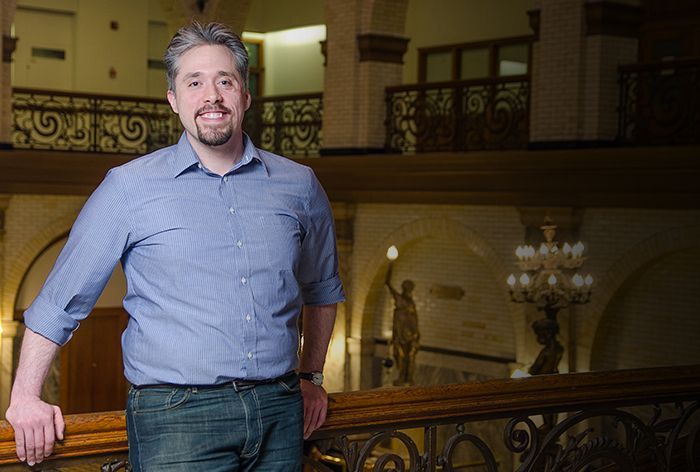
After seven years in a communications role at digital entertainment company Rovi, Bill Drust was looking for a change. While most career jumps look more like hops, Drust took a vaulting leap — and landed in Drexel’s Master’s Program in Science, Technology and Society (STS).
“I’ve always had a wide range of interests,” he says.
The STS program indeed attracts a diverse bunch, from physicists and engineers to sociologists and political scientists. Coming from a family of nurses, Drust’s research interests quickly gravitated toward medical technologies. His master’s thesis focused on the da Vinci Surgical System, a minimally invasive surgical platform in which a surgeon’s hands are enhanced by robotic technology. After reading claims of potentially unnecessary risks associated with the technology, Drust decided to investigate further. He conducted interviews with doctors who use the system and explored the ethics of using such a device.
“When you have a new medical technology, there are a lot of reasons why you want to implement it. The one you have to tell the public is, ‘It has better patient outcomes,’ but there are other reasons,” Drust says. “It might make the surgeon’s job easier, or allow more doctors to perform the surgery who wouldn’t have the skill to do it without this technology. But it is wildly expensive, and we live in a country where a lot of people can’t afford basic medical care. The ethical question becomes, ‘Where do you draw the line on how expensive is too expensive?’”
Drust’s work landed him three fully funded offers from doctoral programs around the country. This fall, he relocated to begin a PhD in sociology at Loyola University Chicago, where his research will continue to focus on innovations in medical technologies and their effect on the work done by medical professionals, as well as on the patient experience.
Like his STS classmates, Drust is interested in the social impact of science and technology — something that is easy to forget in the largely quantitative field of medicine.
“Everything is about numbers. I’m in it for the human element,” he says. “I put myself in other people’s shoes, and I think that’s an important part of science that’s missing.”
Hined Rafeh graduated from the Science, Technology, and Society M.S. Program in 2016. During her time at Drexel, her research interests centered on public understanding and engagement with technologies and science, particularly within health and medical fields. She also studied how conceptions of citizen science differ, what motivates non-accredited experts to engage in scientific labor, and how citizens’ use of different technologies to facilitate this labor relates to their motives and practices. At Drexel, she was a research assistant for Dr. Ali Kenner, working on public conceptions of climate change and environmental health. She was also a research assistant for Dr. Kelly Joyce, conducting stakeholder evaluation of an emerging wearable medical technology. Hined graduated from Temple University in 2014 with a B.A. in Biological Anthropology. She is currently in a doctoral student in Rensselaer Polytechnic Institute’s Science and Technology Studies program.
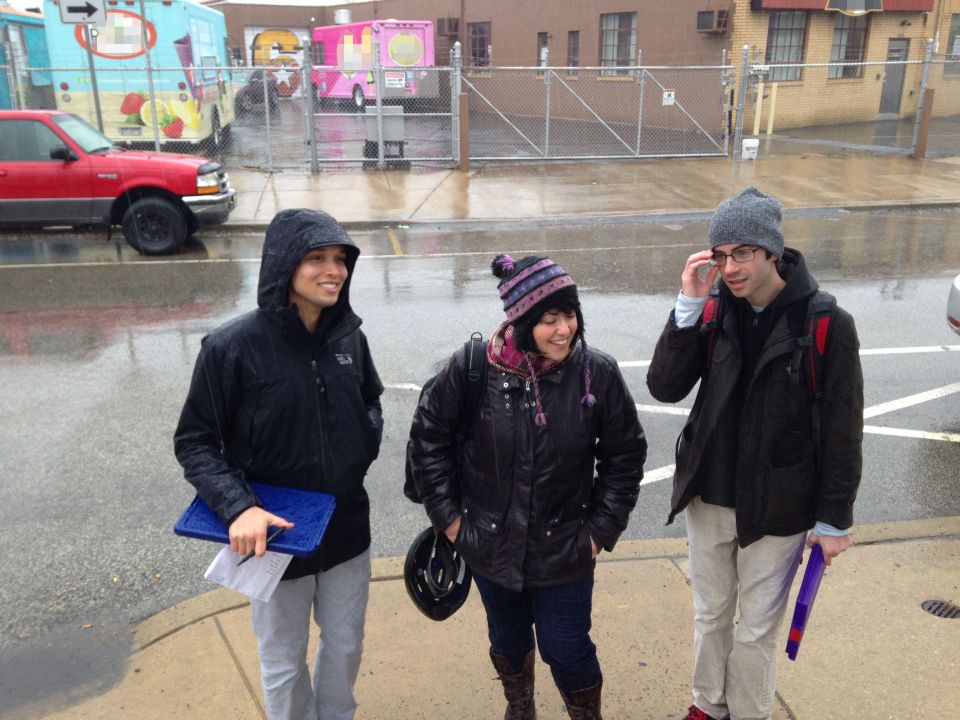
Master's Project: Scrapyard Ethnography
Current Position: Program Support Specialist for the Research and Health Professional Programs at the Aplastic Anemia & MDS International Foundation.
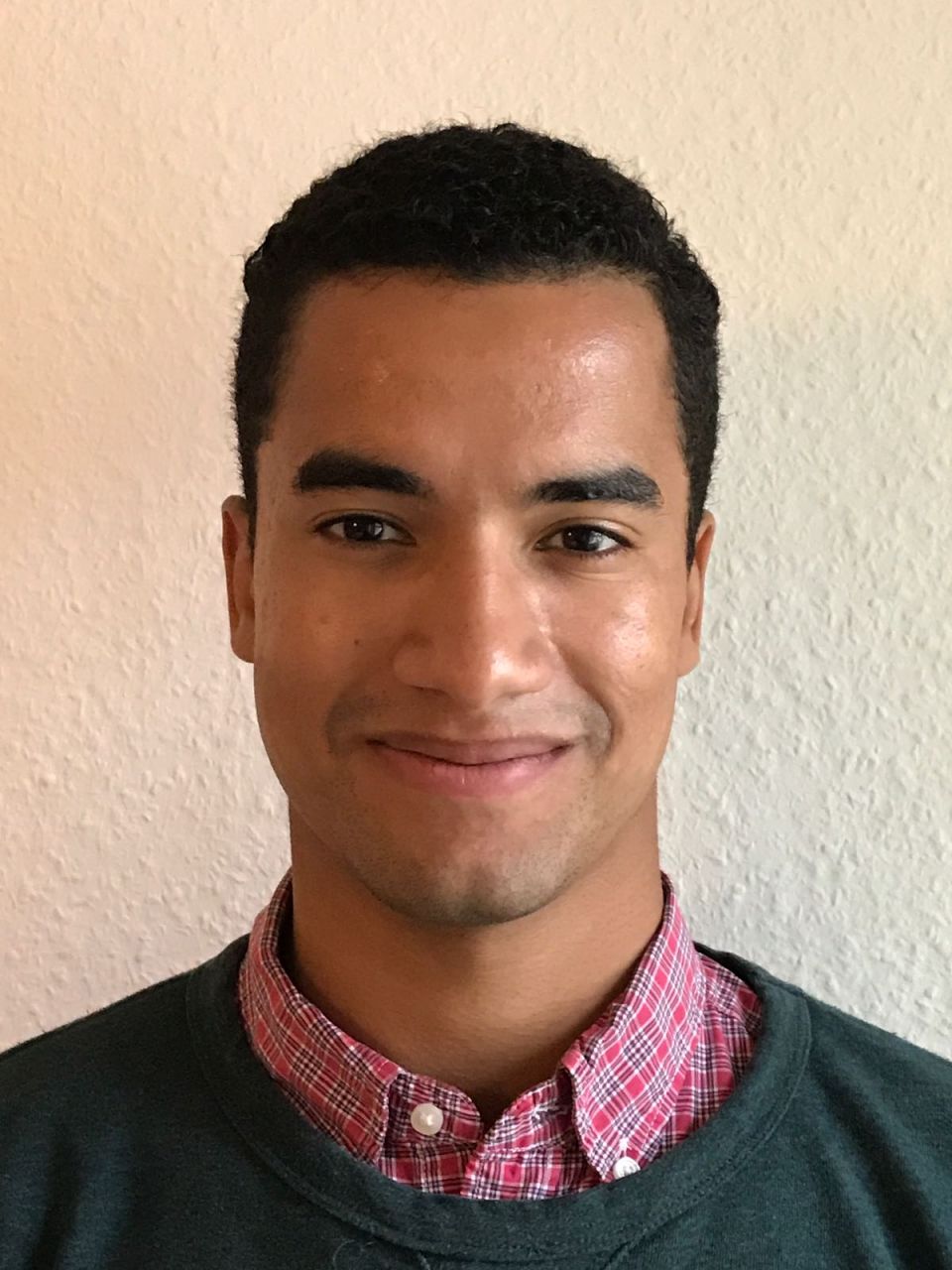
Jason Ludwig graduated from Drexel's M.S. in STS in June 2017. He received the Congress-Bundestag Young Professional Exchange (CBYX) Fellowship to study German and work in Germany in 2018 and currently works as as a project management consultant for United for Brownsville.
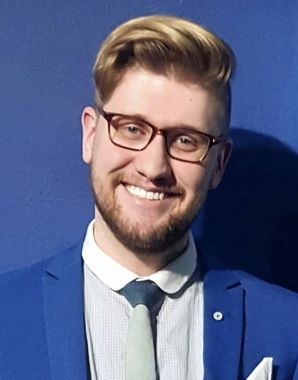
My MS project examined the United States’ inconsistent involvement with the International Thermonuclear Experimental Reactor (ITER), a large scale collaborative to try to attain fusion energy and study related engineering problems. My current interests relate to the connections between collectively remembered pasts, differently valued presents, and constructed, imagined futures in justifying big science and uncertain or ”risky” research, particularly in the increasingly neoliberal policy arena that has developed since the end of the Cold War. I am also broadly interested in exploring the how the collectively and selectively remembered pasts of energy research (fission in particular) get mobilized in constructing justificatory imagined futures.